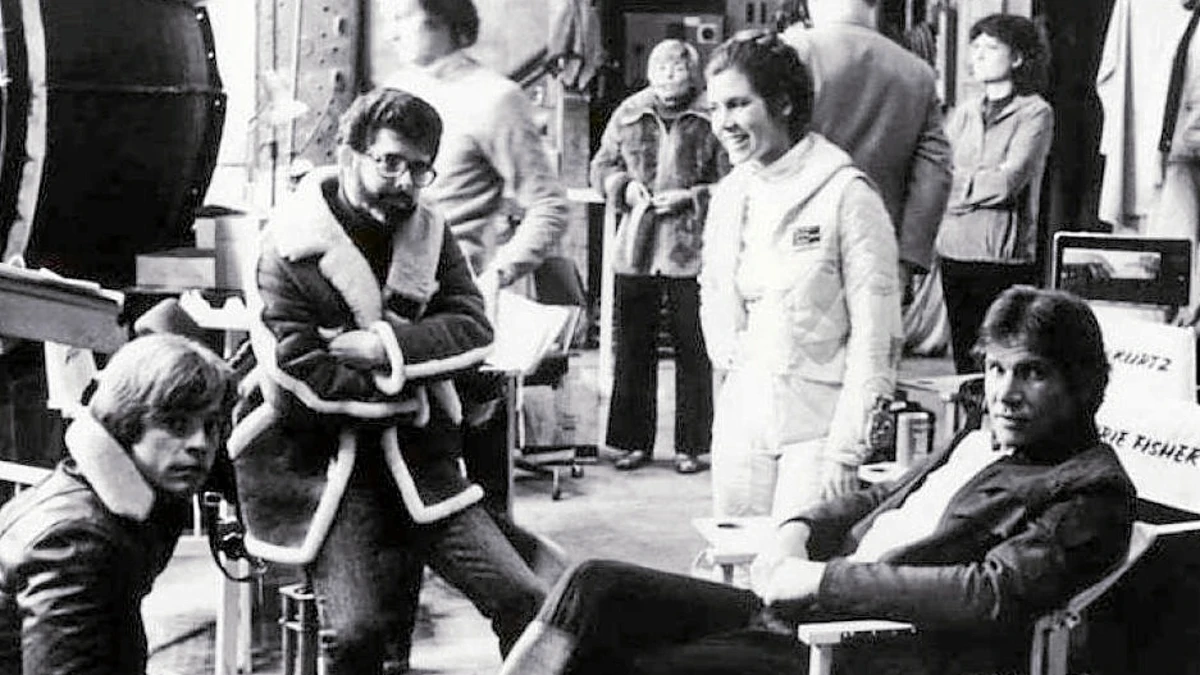YOUNGSTOWN, Ohio (WKBN) – As we march into the fall, some parts of the country are seeing rainfall for the first time in a while. Sometimes when it has not rained for a long time, there is a distinct smell that accompanies the rain – but why?
In 1964, Australian scientists coined the term “petrichor” for the unique scent of rain. The word can be split in two with the first being “petri,” which means “rock” in Greek, and the second being “chor,” which is the blood that flows through Greek gods, though it is unknown why they came up with this name.
How does the smell occur?
In this Tuesday, Oct. 4, 2016 photo, the 480 B.C. bronze statue of the ancient Greek god of the sea, Poseidon, is displayed at the National Archaeological Museum of Athens (AP Photo/Petros Giannakouris)
Lightning strikes first
The first contributor to the smell is lightning. Lightning is extremely powerful. The strongest strikes can have temperatures up to 50,000°F, which is five times hotter than the surface of the sun. Lightning is so strong that it splits oxygen and nitrogen molecules up. When this occurs, the now single oxygen molecules bond with each other to form ozone.
Picture of a cloud-to-ground lightning strike taken by Sylvia Shannon in Mercer, PA.
Normally, ozone is in the upper parts of Earth’s atmosphere, however, raindrops from thunderstorms bring ozone down to the ground, which contributes to the smell.
Bacteria produce the rest
When it rains, bacteria in the soil release a chemical called geospin, which humans can smell. Additionally, chemicals produced by plants during dry weather are released when it rains, which creates an “Earthy” smell.
Usually, the smell will last for a while when the rain is falling. Eventually, the smell goes away and the rain ends. However, when the rain ends and the chemicals dry, the process starts all over again and it will be there when it rains again.




























